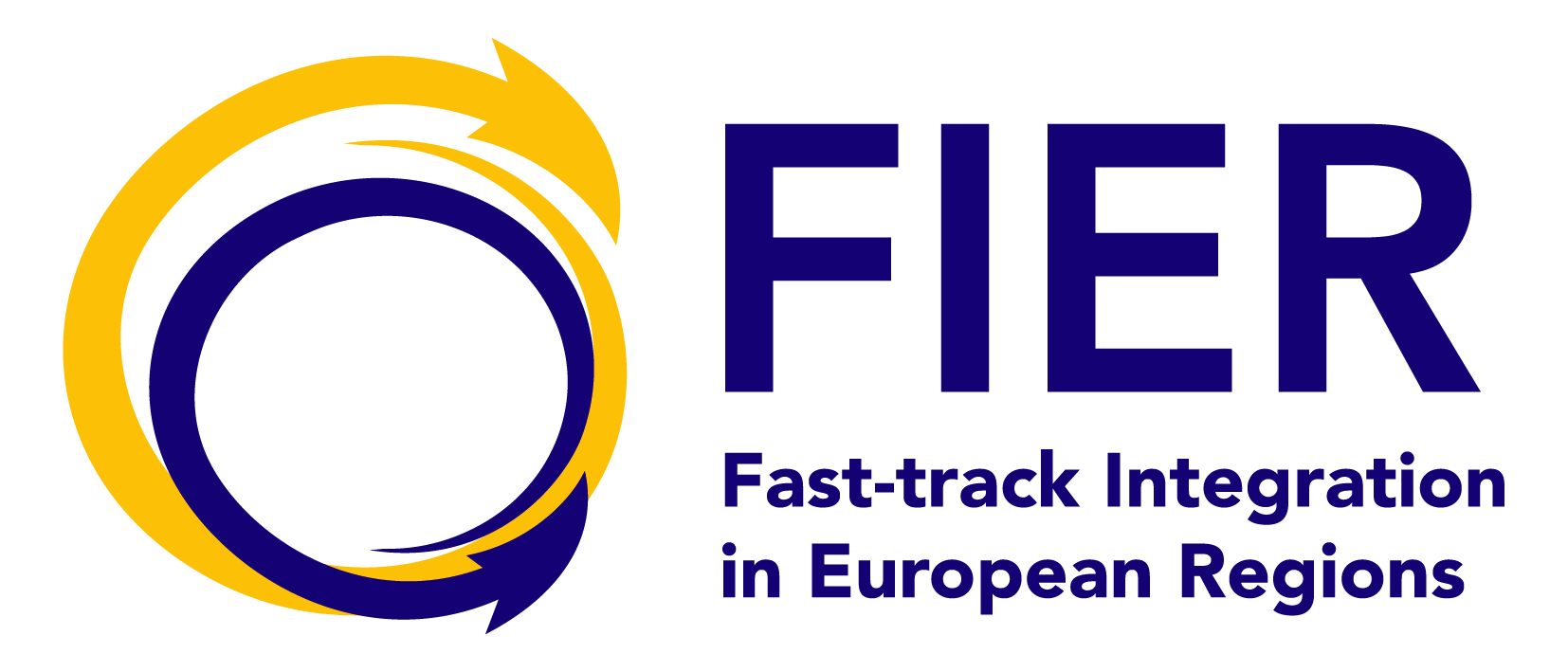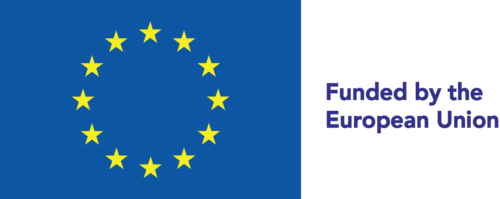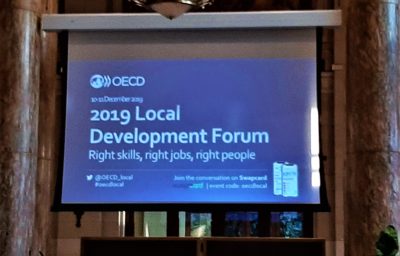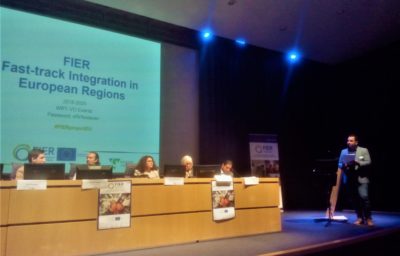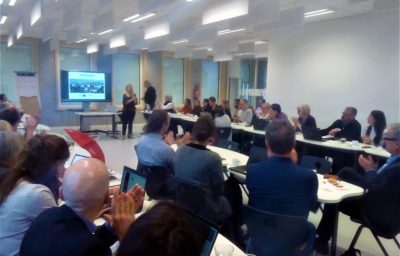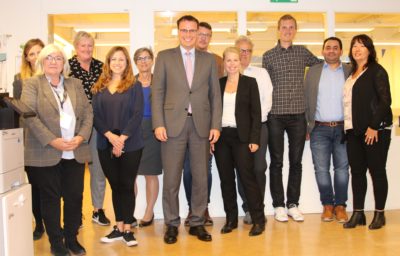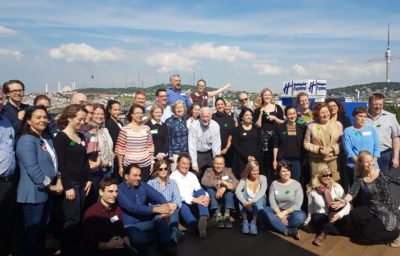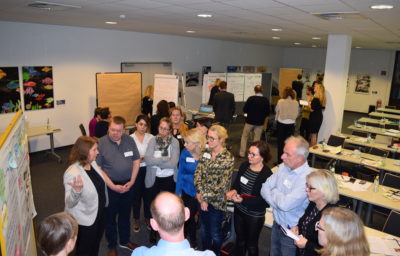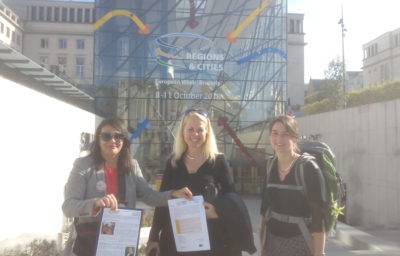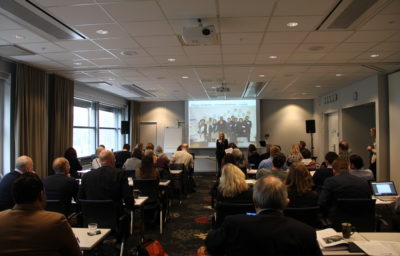The intervention model of the project is based on some underlying main principles that will be respected in any activity carried out in the framework of the project:
- Focus set on skills and talents: every person has talents that can be used in working contexts.
- Attention to women: being part of the workforce is considered to be one of the main tools to promote refugee women’s integration in the host society.
- Language courses – not sufficient: there is a need of more courses that include, beside the learning activity of the language of the host country, an overview of the local culture, practical skills, and everyday problem solving.
- Training activities linked to working places and companies.
- Interactivity and innovation revolution: the link to the labour market is “new” and the consortium of FIER will build on initiatives such as the Erasmus+-funded project TALENTS and Support Group Network, a new setting directly linked to refugees and fast-track labour market integration.
- Self-empowerment of refugees: a major key of integration lies in the refugees themselves. Activating their motivation, power and abilities is crucial for any integration efforts.
Working Groups
With the aim of reaching the objectives contained within each of the focus areas, four working groups made up of project partners have been set up to monitor and feed the project activities. They tackle the following general aspects:
- Fast-track language and vocational training
- Guidance, competence balancing and validation
- Co-operation with companies
- Self-empowerment of refugees





